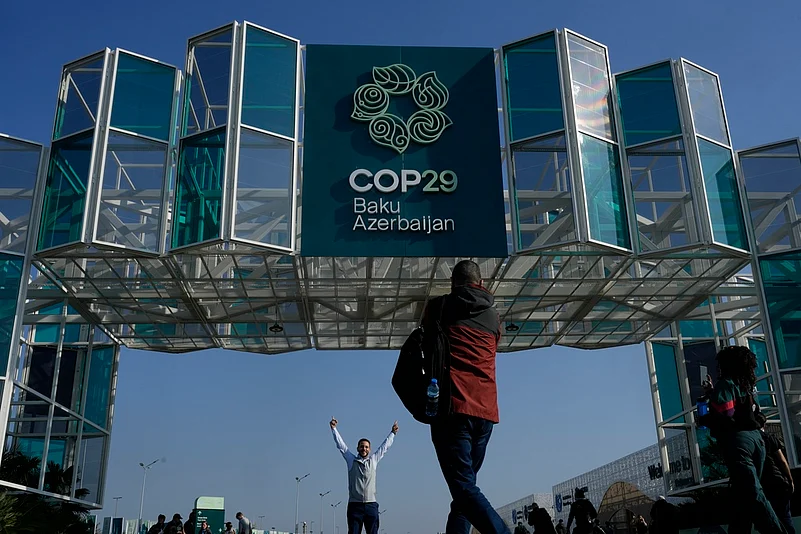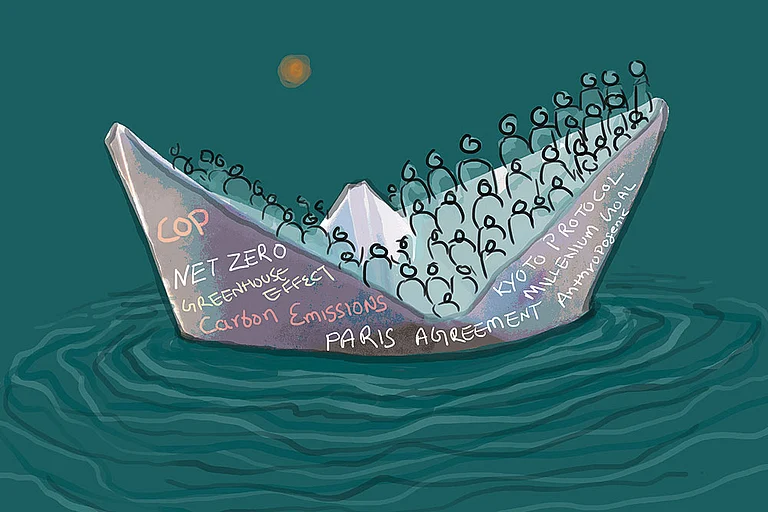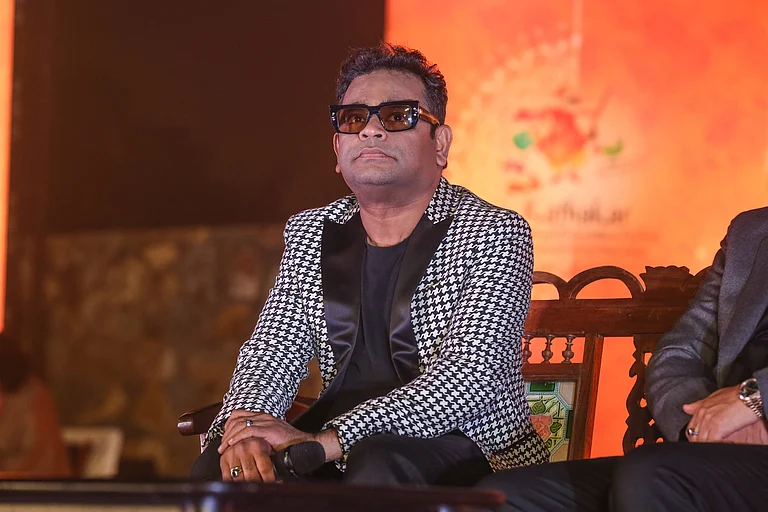India has expressed frustration at COP29 in Baku over the reluctance of developed countries to support climate action in developing nations, saying that it is impossible to tackle climate change without financial and technological assistance.
In the closing plenary of the subsidiary bodies' meeting on the Mitigation Work Programme (MWP) on Saturday, India pointed out that developed countries—who have historically contributed the most to greenhouse gas emissions and possess more resources and capacity to address climate change—have repeatedly delayed climate action and shifted the goalposts.
“We have seen no progress on critical matters for developing countries over the past week. Our part of the world is facing some of the worst impacts of climate change, with far lower capacity to recover from these impacts or to adapt to the changes in the climate system, for which we are not responsible,” said India's deputy lead negotiator, Neelesh Sah.
Sah said that developing and low-income economies cannot reduce greenhouse gas emissions or adapt to their effects unless they have access to essential tools for implementation, such as financial support, technology, and capacity building.
Also Read | Climate Change: A Crisis Of Inequality
“How can we discuss climate action when it is being made impossible for us to act, even as our challenges in dealing with the impacts of climate change continue to grow?” Sah asked.
“We now have to meet our developmental needs in a situation where the carbon budget is depleting and the impacts of climate change are intensifying. We are being asked to increase mitigation ambition by those who have shown no such ambition—neither in their mitigation efforts nor in providing the means for implementation.”
About The Mitigation Work Programme
The Mitigation Work Programme (MWP), a contentious United Nations climate initiative aimed at scaling up emission-reduction ambitions, has led to tensions between developed and developing nations at COP29 in Baku.
Established at COP27, the MWP was designed to help countries meet the Paris Agreement’s 1.5°C goal. However, its implementation has been hindered by disagreements between nations.
Developing nations argue that the MWP should facilitate the sharing of ideas and experiences, not impose new targets or force any country to take specific actions. They demand financial support to enhance mitigation ambition.
Developed countries, led by the EU and the US, insist that the MWP should drive stronger, immediate action from all nations. They propose that wealthier developing nations, such as China and the Gulf states, should also contribute to the new climate finance goals.
Developing countries view this as an attempt to shift the blame away from those who have historically benefited from industrialisation while contributing the most to greenhouse gas emissions. In 2009, developed countries promised to provide $100 billion annually by 2020 to support climate action in developing countries, but this target was only met in 2022.
The potential withdrawal of the US and Argentina from the Paris Agreement has significantly affected the morale of negotiators at COP29. However, countries such as China, the United Kingdom, and Brazil have assumed a major leadership role, raising hopes for a much-needed agreement to sustain trust in the multilateral diplomatic system.
Now, as the G20 leaders gather in Rio de Janeiro, Brazil, from November 18–19, negotiators are looking for a strong signal.



























